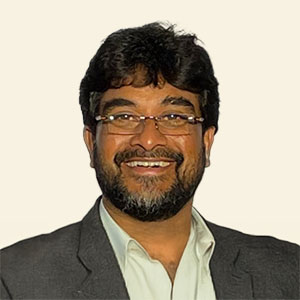
TiE U FOUNDERS
TiE University was branded as TYE University when it was birthed in Atlanta in 2013 after seeing the wonderful impact we had on highschoolers to provide hard and soft skills in preparing them for a pitch competition. The program evolved into the global initiative called TiE University in 2019, and has continued to be enhanced with the delivery of dedicated mentoring as the key differentiator for college teams, thus empowering college students and recent alums with the tools to become entrepreneurs.
To further evolve the university ecosystem beyond the confines of a competition focused on prize money, local and global workshops taught by the “best of the best” have been added, in addition to a worldwide hackathon to increase ideation and solutions, online self-paced courses to be digitally ready for the 21st century, plus trips to Silicon Valley and India by winning teams at the culmination of the season with tours and corporate visits included to open their minds to entrepreneurial possibilities.
While we have much more to be achieved in the coming years, I’m confident that the seeds of entrepreneurship sown with thousands of teams across 400+ colleges worldwide and especially utilizing hundreds of mentors who coach these young businesspeople selflessly, will blossom into ‘trees and forests’ that will yield skills and results that are beyond our imagination!
The vision behind starting the TiE University program was to instill an entrepreneurial mindset among college students. The initiative draws inspiration from successful models such as TiEGrad at TiE Hyderabad and TYE University at TiE Atlanta. I first presented the concept, along with Paul, to the TiE Leadership during the Delhi TiE Global Summit in 2019.
The impact so far has been substantial. As Global Co-Chair until 2023, we developed an execution framework aligned with the academic calendars of universities across both Western and Eastern regions. This enabled a consistent roll-out of activities that allowed students to not only learn about entrepreneurship but also practice it through competitions and structured engagement. We successfully conducted multi-tier competitions at the chapter, national, and global levels.
Looking ahead, I believe the core execution model should remain intact but be enhanced each year. Transitioning from a people-driven approach to a system- and process-driven structure will ensure sustainability and scalability. While individuals will continue to play a key role in execution, the strength of the institution must always take precedence over individual contributions.


